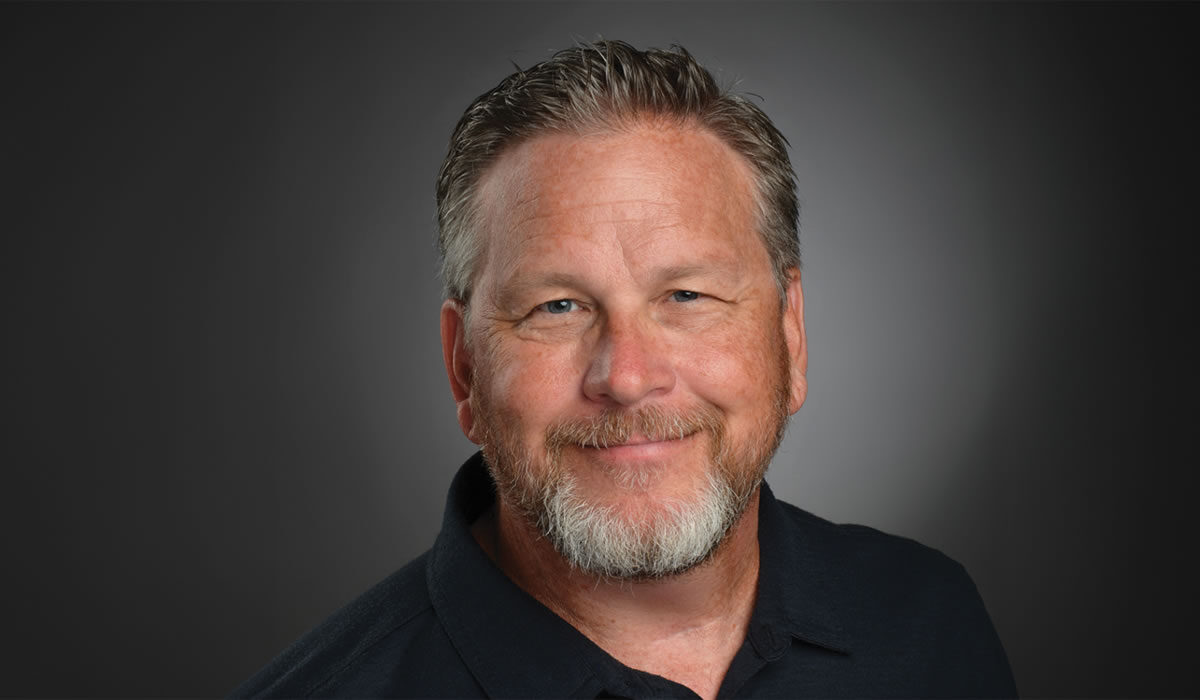Safety and Precision
Tom McGuirk has worked as a Level 3 IT professional for Sarasota County for nearly twenty years, but he got his start as an aircraft mechanic in the U.S. Army. What’s the connection?
“I graduated [from high school] by the skin of my teeth,” laughs McGuirk. He started working at a local fitness center, where he met a lot of interesting people, many of whom had been in the service. It started to seem like a calling.
McGuirk signed up for the U.S. Army, earning his first-choice assignment in aviation. After six months of training school, he was sent to Korea, where he not only got invaluable experience working on the famed Blackhawk helicopters, but also got to “fly around a bit” on patrol. (Technically, the Korean War is still active, since no peace treaty has ever been signed.)
After his contract was up, McGuirk reached out to people he’d known in the military, landing a spot building helicopters for special operations. When the company decided to relocate, McGuirk wasn’t ready to move. A friend suggested that he look into IT work.
“Building and repairing aircraft isn’t like working on cars,” McGuirk admits. “You can’t pull over to the side of the road if there’s a noise. Aviation mechanics is really hardcore on safety and precision, which really prepared me for IT.”
He started working in telecommunications, both in sales and technical support. Eventually, he moved to Florida, where Sarasota County was one of his clients. As his personal circumstances changed, McGuirk wanted a job with stability and predictability. He kept an eye out with the county and was able to transition to working directly with them. That was 17 years ago.
McGuirk credits his time in the service not just for his attention to detail but his confidence. “It changed me as a person. The things they expect of you, the team stuff — you’re forced to get along, and to accomplish things.”
When he thinks about his resume, McGuirk knows, “It’s not college.” But, he says, “There’s a lot of college on resumes.” When he gets to talk about what he did in the military, he can see a shift in his audience. “The training you get in the military is second to none. I think people appreciate that.”
He says that other vets he’s met share those qualities, as well as something harder to define. “Ambition, maybe?” he wonders. “You’re used to moving all the time and just getting it done. There are things I did in the Army that I’d never have been able to do in the private sector.
“I’m so grateful for it.”


